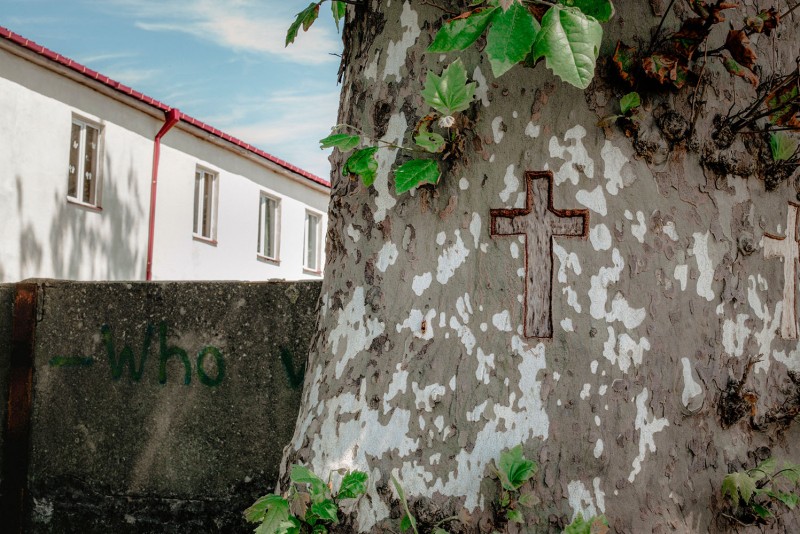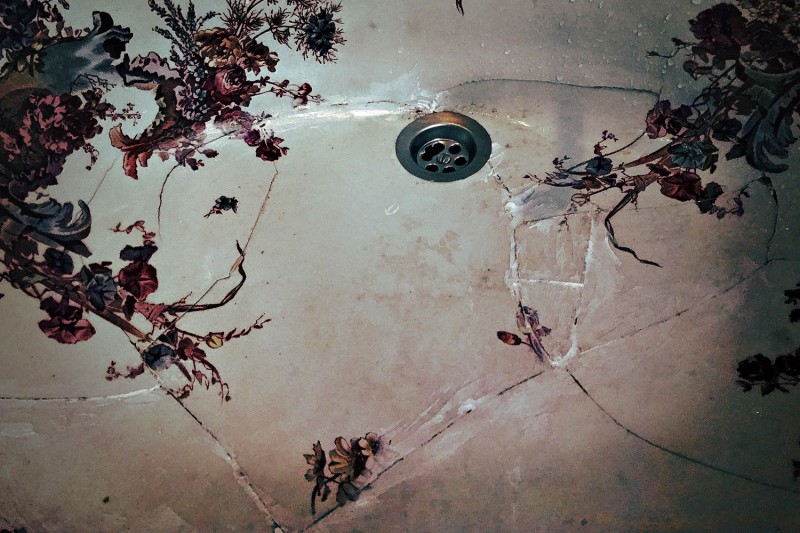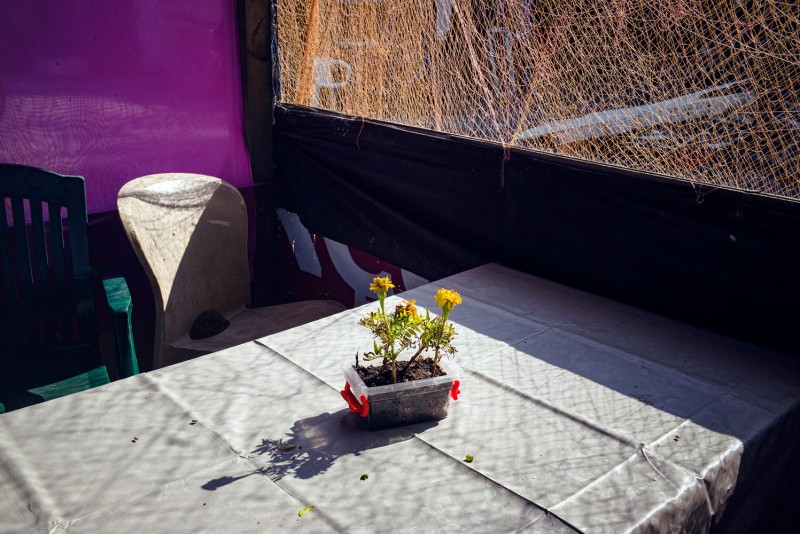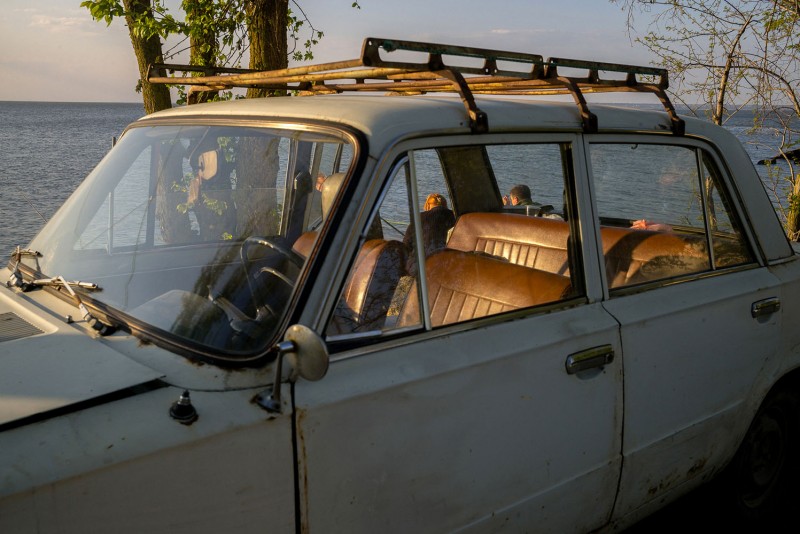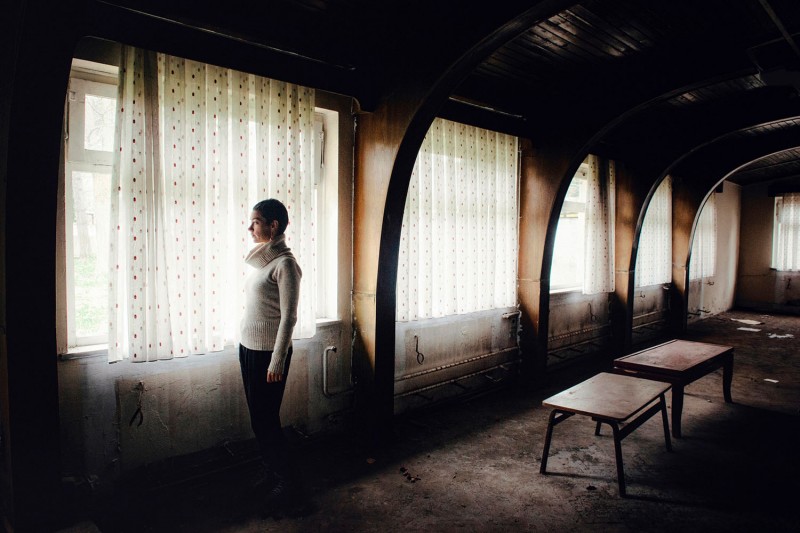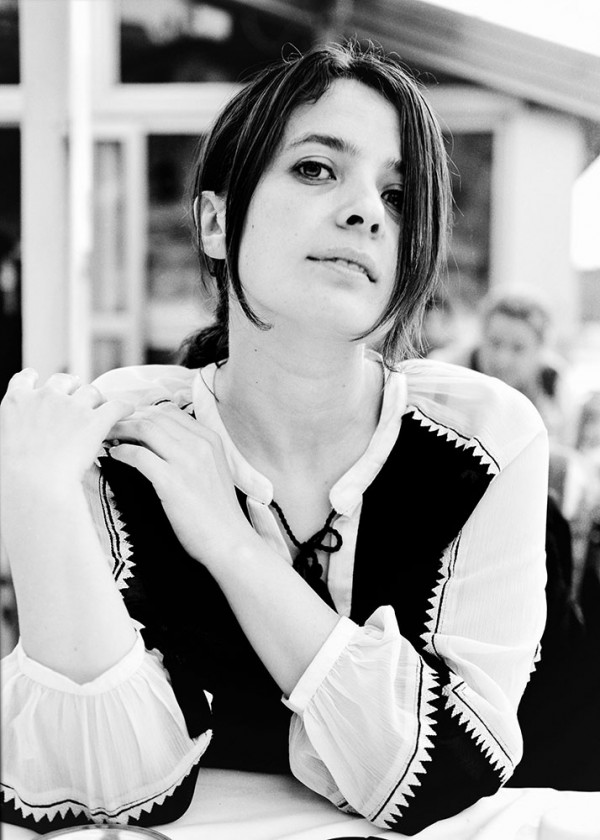Dreams The Black Sea
Dreams The Black Sea
Suzan Pektaş
July 3, 2020
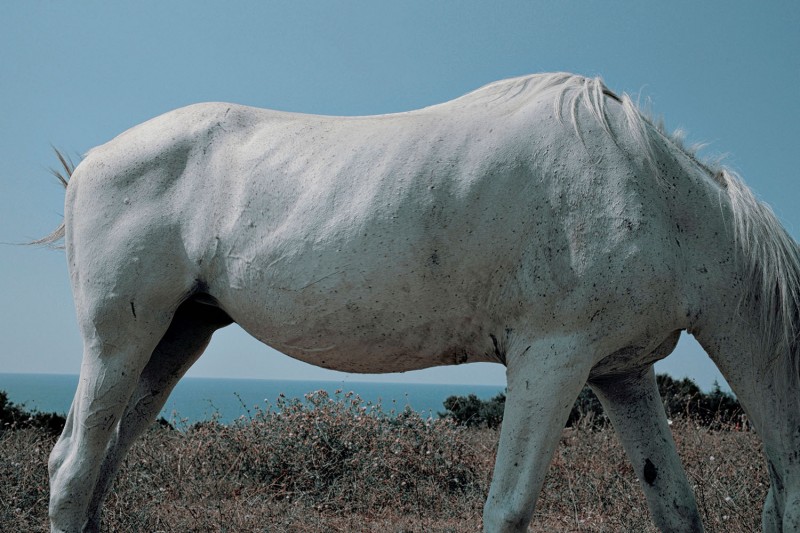
Suzan Pektaş: The idea of shooting a series came about when I decided to visit the land of my birth, with my family. It quickly developed into a series about the Black Sea coast and its people. I had the feeling that, compared to the Mediterranean, the Black Sea has been largely overlooked. I felt very connected to the place, and was able to capture its hidden faces, delving into the region’s multiple cultural layers, with a touch of personal mysticism and spirituality.
You also included pictures of family members and friends in the series. What motivated you to do so?
When I finally visited my country of birth after so many years, I wanted to recreate my personal history, resurrect my memories through an elaborate act of remembering, imagining and recreating. Including my family, my friends, and even childhood friends whom I had not seen for years, turned out to be a unique experience for all of us. It was an exchange of memories, of a spirit that we missed, and of our hearts.
Will you return to the Black Sea or is the series complete?
This is an ongoing project. I want to visit Russia and Abkhazia. I’m also planning to go back to Bulgaria, specifically to meet with my grandpa’s friends from the theatre, and hear his story from their perspective. Next, I would like to focus more on the ongoing urbanization of the whole Black Sea basin, and I also want to compile a book including the Black Sea photographs together with my family photographs from the 1980s. These are some of the projects I have in mind about the region.
Find the entire interview with the portfolio by Suzan Pektaş in LFI 05.2020.
Suzan Pektaş+-
The photographer with Bulgarian roots developed a passion for visual forms of expression during high school. Pektaş has been further exploring these different forms at the intersection between visual arts and documentation since 2015. Her current projects focus on the identity of the individual in relationship to his or her environment, dealing mostly with women, urban transformation and immigration. Pektaş is currently based in Istanbul. More

